Our latest—and fifty-seventh—issue draws together work from thirty-one countries and twenty-one languages, from antiquity to the boldly contemporary, the comedic to the compassionate, the historic to the experimental. To help you navigate this compendium, our blog editors offer up their favourites.
In one of the many street art pieces embroidering the surfaces of Athens, a black sign reads: ‘A memory of a memory that we are all left with.’ Greece’s capital is bound in all directions: to the bodies that live within its confines, the oblique and omnipresent archive, the dynamism of recollection, the strategies of function, the desperation of loss, the translucency of power, reality’s elasticity and its collapse. To be within it, then, is to acknowledge that no space is neutral—that the collective illusion of fixed borders, fixed pasts, and fixed stratagems of everyday life are gossamer comforts. There is nothing stable in the city. The condition of its existence is nothing less than a mass hypnosis.
‘When my parents told me we lived in Athens, I believed them.’ Amanda Michalopoulou writes in ‘Desert‘, translated with great emotional heft by Joanna Eleftheriou and Natalie Bakopoulos. Through a combination of confession and elucidation, the piece seeks to delineate the living morphology of present-day Athens from its manipulated dreams of cohesion and glory, earmarking the ‘transcendent’ objectives of the ancient city as a catalyst for its current fragility, the very definition of transcendence gesturing at an inoperable unreality, a beyond that persists only in attempts and potentialities. ‘A city that would invent cities and governments, language and liberty,’ so Athens grew with immovable conjectures of goodness and intelligence, until: ‘Step by step, they created a society that matched their insatiable vision of absolute power and control.’ The converge of experience and concept is chaotic, and space does not hesitate to dislocate itself from our comprehension. Thus, as Michalopoulou describes her ‘investigations,’ the city can perhaps be only understood via the fragmented origins of our most ancient texts, in those long-gone years where our present certainties had been amended, invented, reconstituted, and dismembered ceaselessly. The instability of today’s Athens resents the wonders and heights of its own birth, yet this shakiness is also evidence of another strength, for it is as David Graeber said: ‘The ultimate hidden truth of the world is that it is something we make and could just as easily make differently.’ READ MORE…




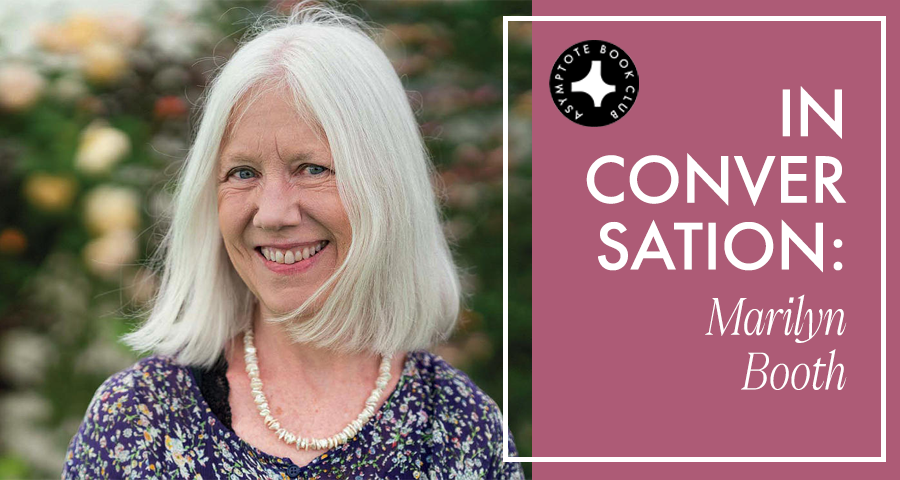
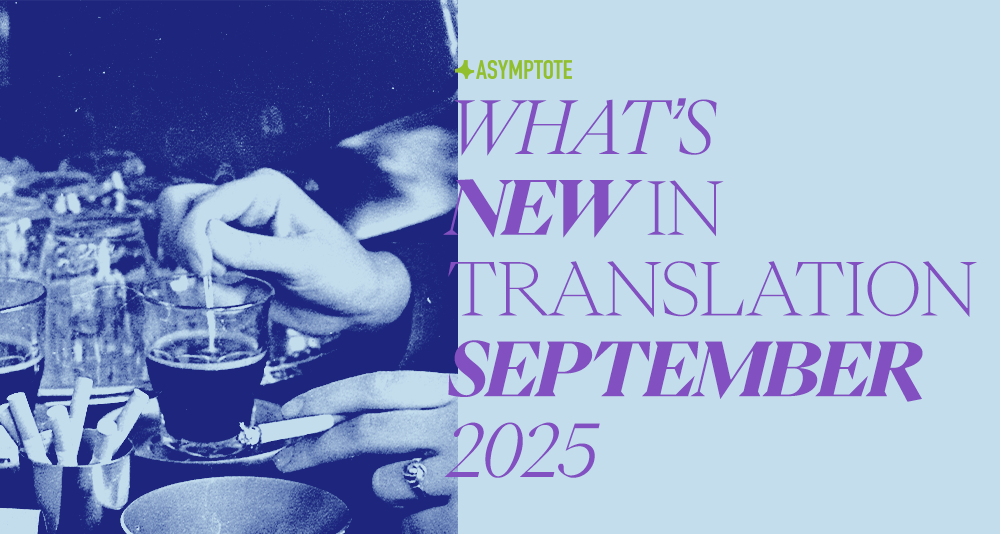

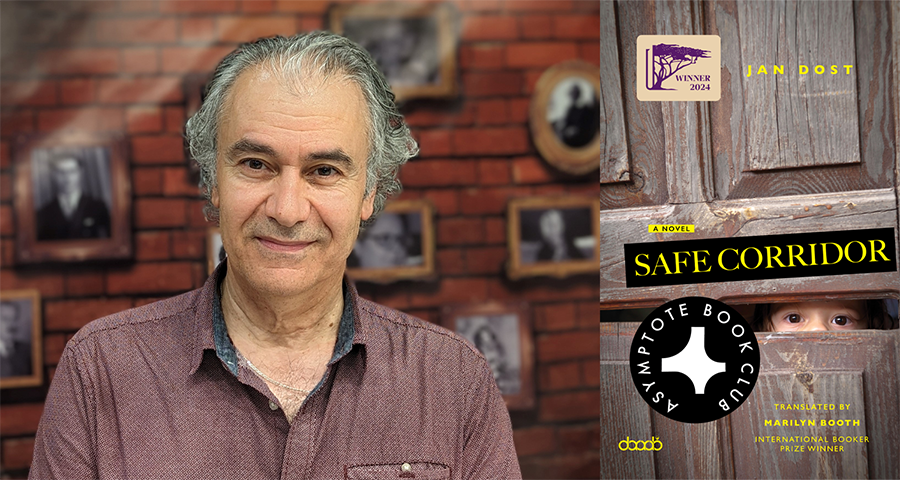
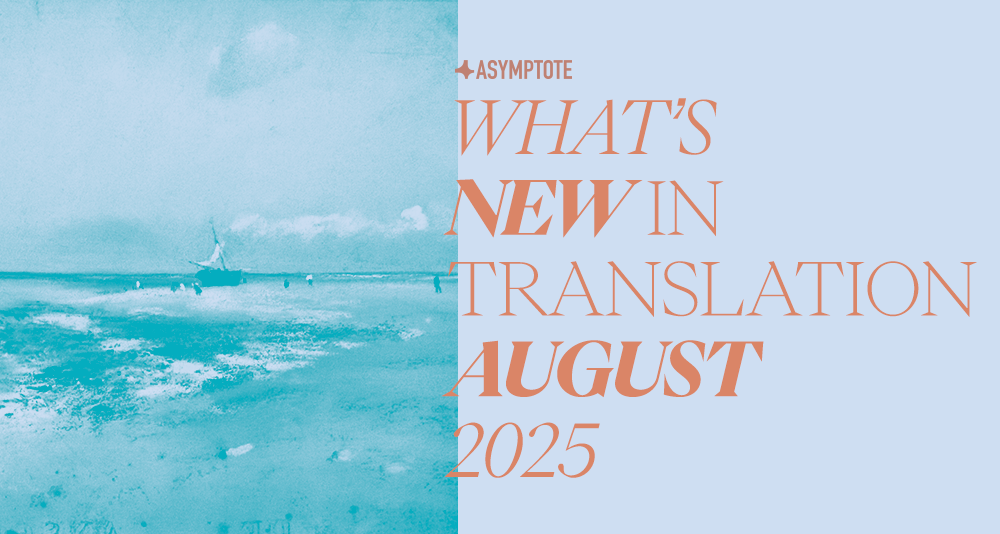
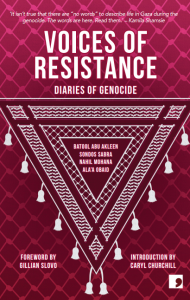

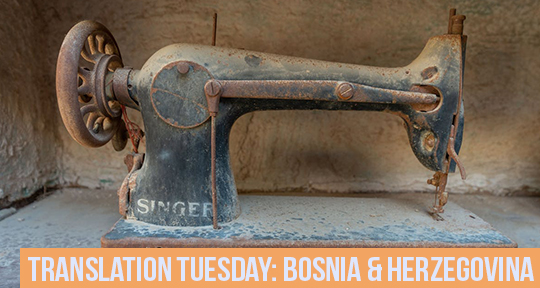
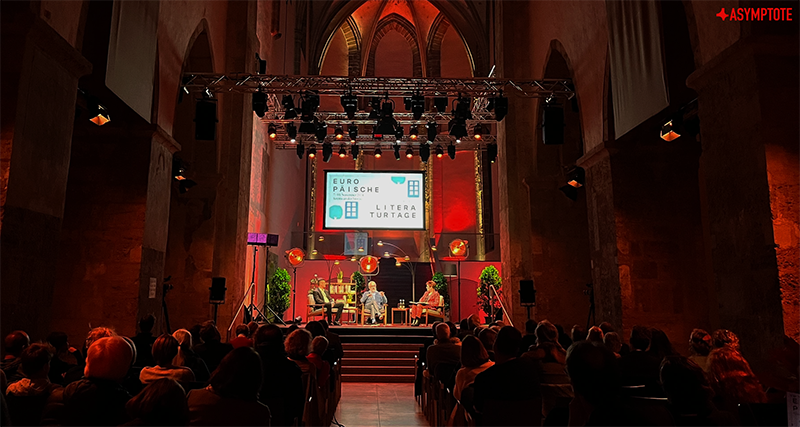


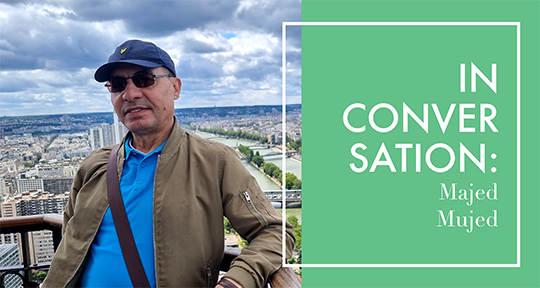

Announcing Our September Book Club Selection: A Long Walk From Gaza by Asmaa Alatawna
Alatawan’s novel is both personal and political; at its heart, it’s a story about freedom.
In Asmaa Alatawna’s mesmerizing and clear-sighted debut novel, A Long Walk from Gaza, the long journey of migration is revealed as a dense mosaic of innumerable moments—a gathering of the many steps one takes in growing up, in fighting back, and in learning the truths about one’s own life. From the Israeli occupation to the daily violences of womanhood, Alatawna’s story links our contemporary conflicts to the perpetual challenges of human society, tracking a mind as it steels itself against judgment and oppression, walking itself towards selfhood’s independent definitions. We are proud to present this title as our Book Club selection for the month of September; as Palestine remains under assault, A Long Walk from Gaza stands as a powerful narrative that resists the dehumanizing rhetoric of war.
The Asymptote Book Club aspires to bring the best in translated fiction every month to readers around the world. You can sign up to receive next month’s selection on our website for as little as USD20 per book; once you’re a member, join our Facebook group for exclusive book club discussions and receive invitations to our members-only Zoom interviews with the author or the translator of each title.
A Long Walk From Gaza by Asmaa Alatawna, translated from the Arabic by Caline Nasrallah and Michelle Hartman, Interlink Publishing, 2024
There are some books that grab you from the very first line and hold your attention tight, right through every single word to the end; even once you’ve finished reading them, they keep delivering with their exquisite phrasings and stunning imagery, their deft, original storytelling. Asmaa Alatawna’s A Long Walk from Gaza, co-translated by Caline Nasrallah and Michelle Hartman, is one such novel. Through her enthralling and thoughtful prose, Alatawna unfolds idea after idea, fact after fact, emotion after emotion, recounting a tumultuous upbringing and journey that moves with both personal and universal resonance.
A Long Walk from Gaza is Alatawna’s debut in both Arabic and English—a semi-fictionalized, coming-of-age novel. Originally published in 2019 as Sura Mafquda, it explores the struggles of a teenage Gazan girl as she rebels against her surroundings, both at home and at school, and her heartbreak as she leaves Gaza for a new life in Europe. Her escape doesn’t resolve her problems but instead introduces new challenges, revealing the persistent, ongoing internal conflict of exile. While portraying life and a childhood under Israeli occupation and oppression, Alatawna also takes an incisive, knowing look at the patriarchal system of her own people. READ MORE…
Contributor:- Ibrahim Fawzy
; Language: - Arabic
; Place: - Palestine
; Writer: - Asmaa Alatawna
; Tags: - exile
, - feminism
, - Interlink Publishing
, - liberation
, - migration
, - occupation
, - social commentary
, - War
, - Women Writers